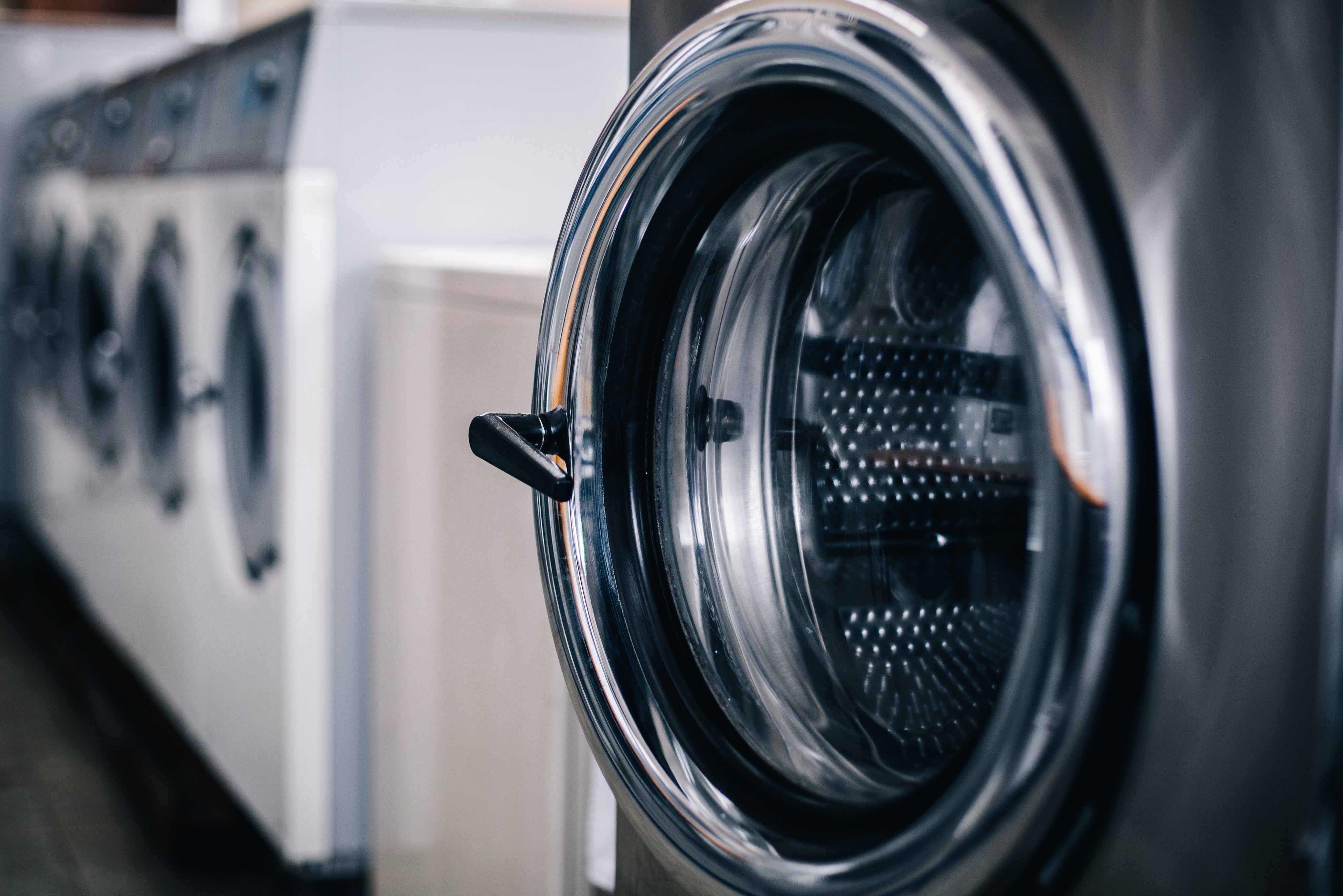bluAqua - Innovative water filter systems for pure, clean and fresh drinking water!
At bluAqua we offer a diverse range of water filters that remove impurities from your water and improve its quality. From powerful drinking water filters to special solutions for household appliances - we have the right solution for every need. Trust our products for healthy, fresh and tasty water experiences. Discover our collections now and invest in your health!
Simply order water filters from us
Water is one of the most basic resources on our planet and is increasingly contaminated with additives and residues. Drinking water in particular, but also simple service water, should be clean and pure. At bluAqua, we have made it our goal to support our customers in efficient water treatment.
Drinking and process water filters for every need
In our " Water Filters " category you will find a carefully selected selection of first-class water filters for every application. Whether you are looking for a filter for the tap , washing machine , mobile home , caravan , boat/boat filter / bilge filter, aquarium or well/well filter / iron filter - you are guaranteed to find what you are looking for with us. Our filters are specifically designed for the different areas of application and filter the respective residues in the water in a targeted and efficient manner.
The filters do the work
With the right filter, drug residues and additives from agriculture are filtered out of the drinking water, limescale is removed from the process water, and hormones and pollutants are reliably eliminated from the water for the aquarium. Boaters will also be delighted with the bilge water filters from our range.
The clever bluAqua drinking water filter subscription
So that you and your family can always enjoy perfectly filtered drinking water in your home, we offer you a practical drinking water filter subscription . Every six months you will receive a new filter with free shipping. It couldn't be easier! Take a look around our shop and find the right filter for your needs.
Our top products
Discover our top products for the best water quality.

bluAqua® – Experience sustainability one sip at a time
For more sustainable drinking
Water purchased from your local store travels hundreds or even thousands of kilometers before it reaches your home. With a water filter system from bluAqua®, you save unnecessary transport routes. This saves CO2 emissions and reduces your ecological footprint. Our tap water is ideal for producing your own drinking water in spring water quality using a bluAqua® drinking water filter. This saves a family around 1,500 plastic bottles a year.
Why should you filter your water?
Tap water, mineral water or filtered water. At first glance, all types of water look the same. But it's definitely worth taking a closer look. For your health and well-being!
Tap water in Germany is well monitored and is of relatively good quality compared to the rest of the world. But there is still plenty of room for improvement here. Although the water supplier guarantees water quality up to the house connection, it ends precisely at the house connection. If, for example, water has been standing in pipes for a long time, but these are already getting old or can even release pollutants into our drinking water on their own, or microorganisms, bacteria or germs can settle there and get into the tap water, a drinking water filter is a sensible alternative.
A bluAqua® water filter ensures pure, tasty and pollutant-free water.

Discover our convenient drinking water filter subscription!
Learn more
Limescale in the water? Protect your household appliances with a limescale filter!
To our limescale filtersOur products
To all products
bluAqua® – filter, save, enjoy.
Save money with the right water filter
In a 4-person household, the cost of purchased mineral water can quickly add up to 972 euros or more per year. It is therefore worth investing in a bluAqua® faucet water filter, which will pay for itself within six months.
In addition, by purchasing a water filter, you not only produce your own drinking water, but also all the water you need for cooking. Water of this quality in the supermarket would easily cost up to 250 euros a month.
Filter tap water now & save with bluAqua®
customer testimonials
bluAqua®
Real experiences, real savings
Our blog
Welcome to our blog!
Here you will regularly find exciting and informative posts about our services and products in the field of water filter solutions. Our blog posts cover a wide range of topics, including water filter maintenance and safety, practical tips on use and storage, as well as the latest innovations and technologies. Learn more about the benefits of our filter, exchange and rental services and stay up to date with the best practices and latest developments in the industry. Whether you are a professional or a newbie to water filters, our blog offers valuable insights and helpful information for everyone. Stay tuned and get inspired!
Properly maintaining your water filter: How to extend the life of your system
Water filters are an excellent investment to improve the quality of tap water and protect your health. However, to ensure...
Did you know that filtered water is good for your hair and skin?
In our society, proper skin and hair care plays an important role in our appearance and well-being. Although most of...
The most important criteria when buying a water filter
Water is the elixir of life - and we all want to make sure that the water we drink is...
Tap water vs. bottled water – which is really better?
The question of whether tap water or bottled water is the better choice is one that many people are wondering...















































